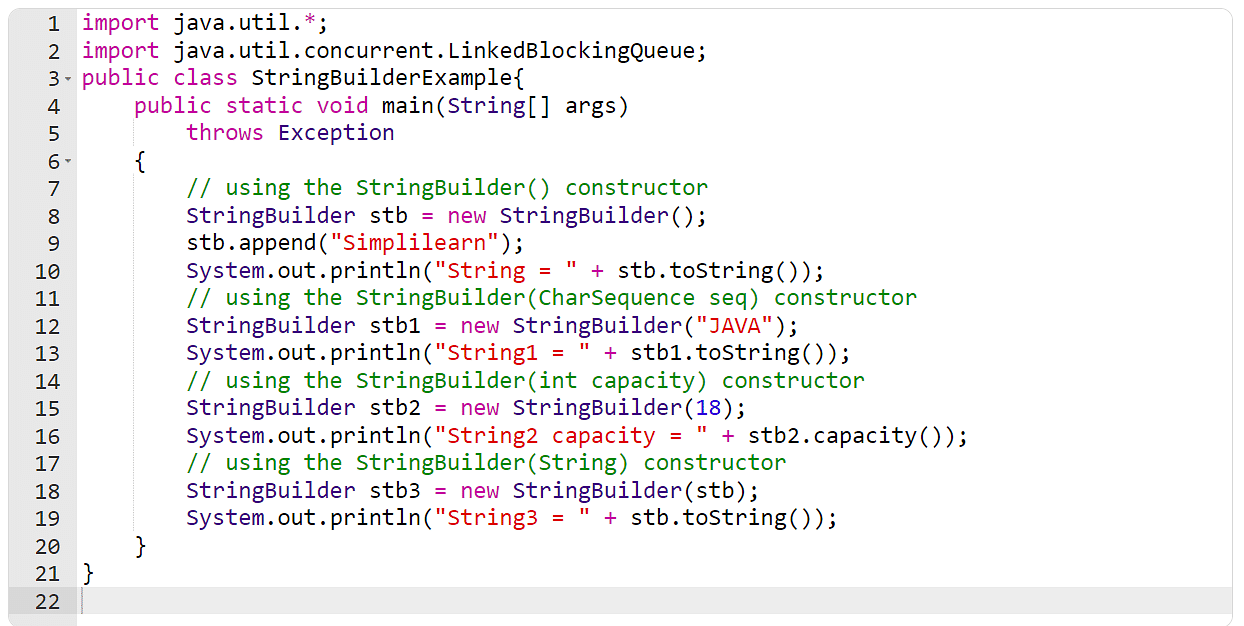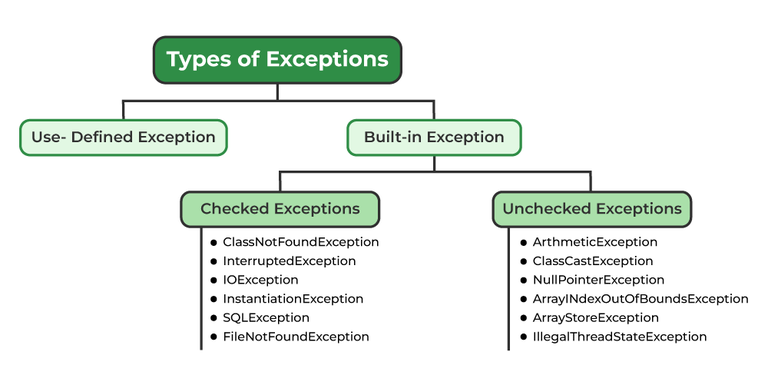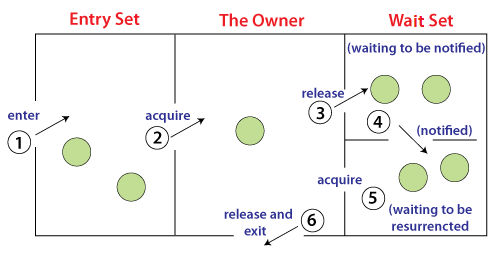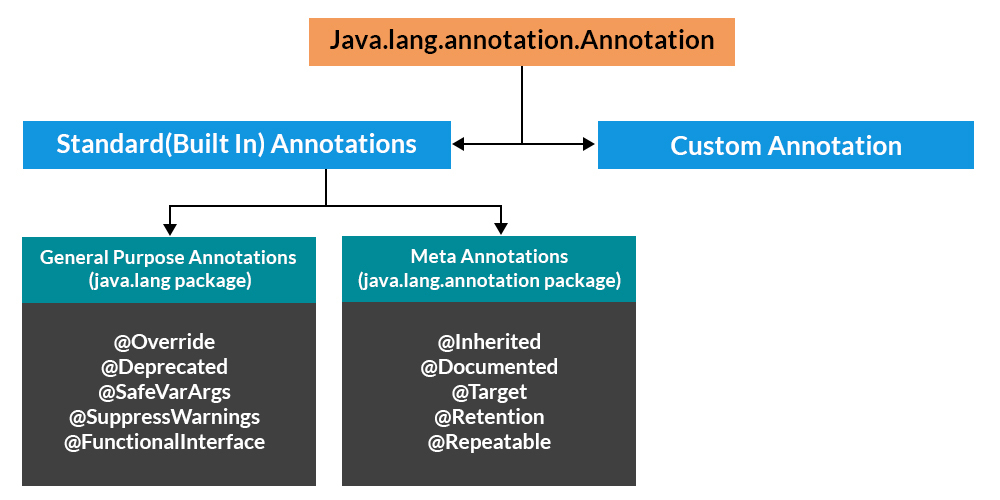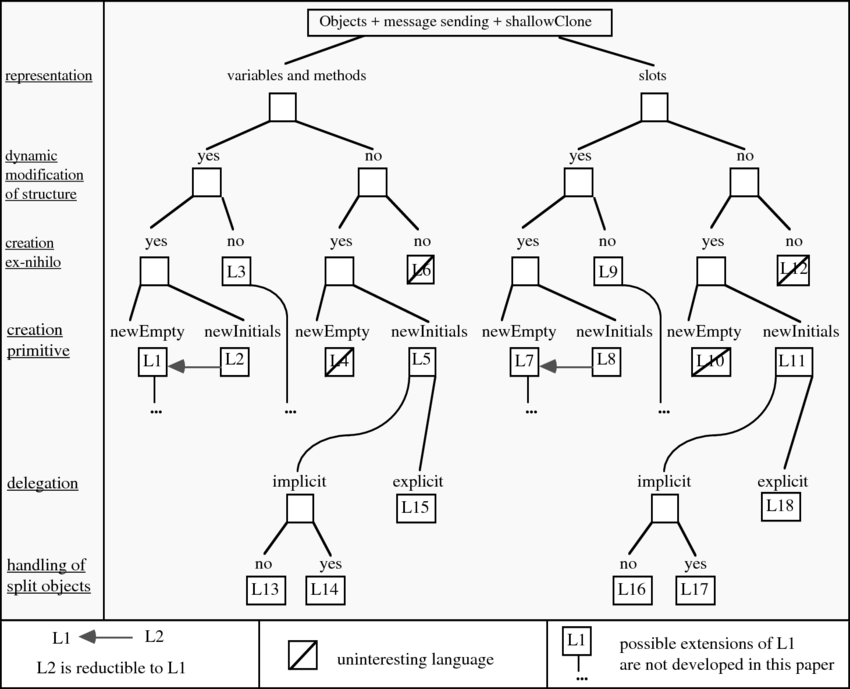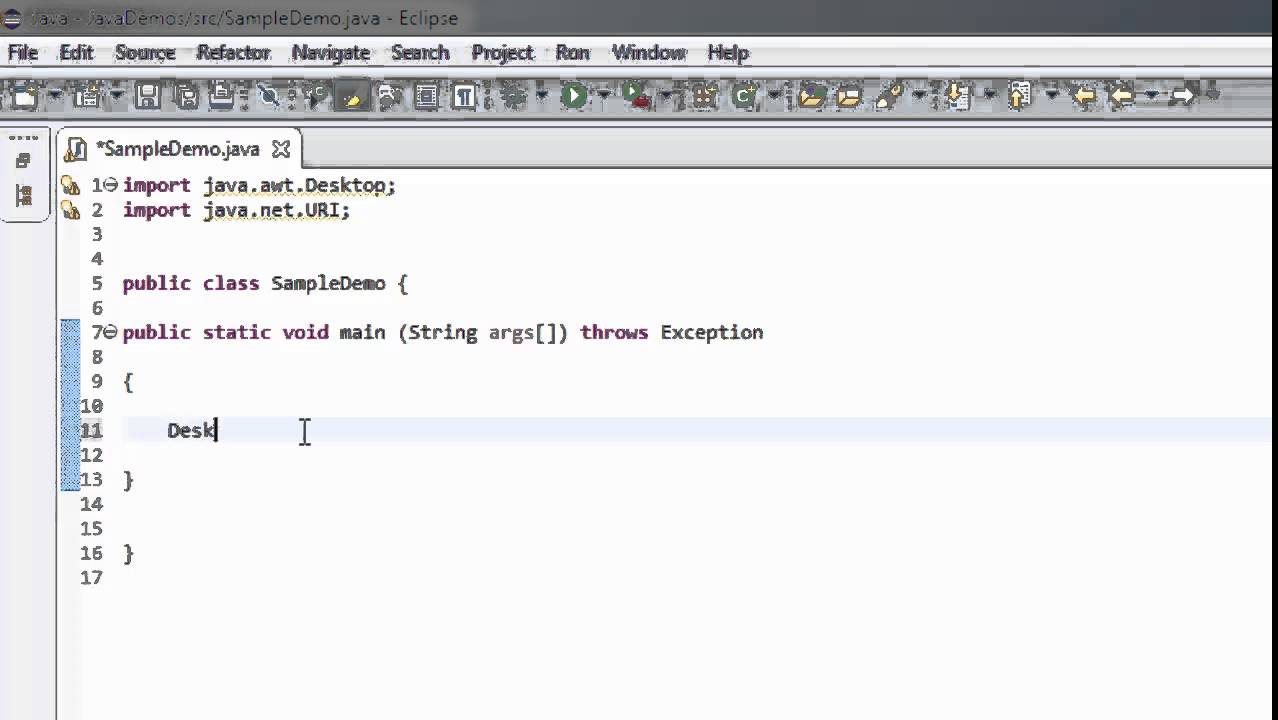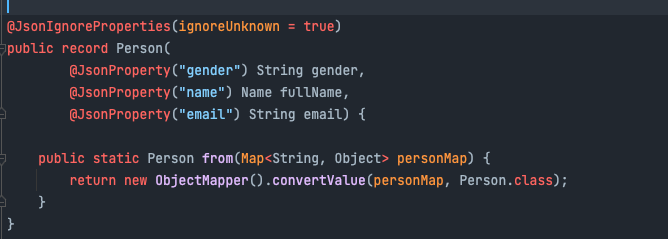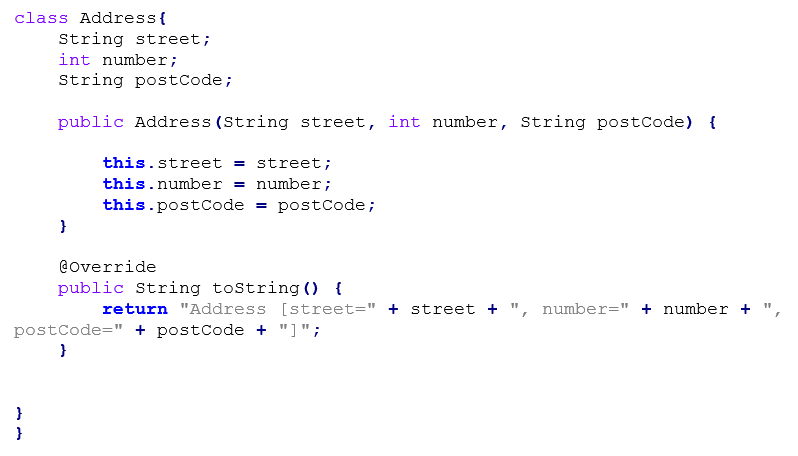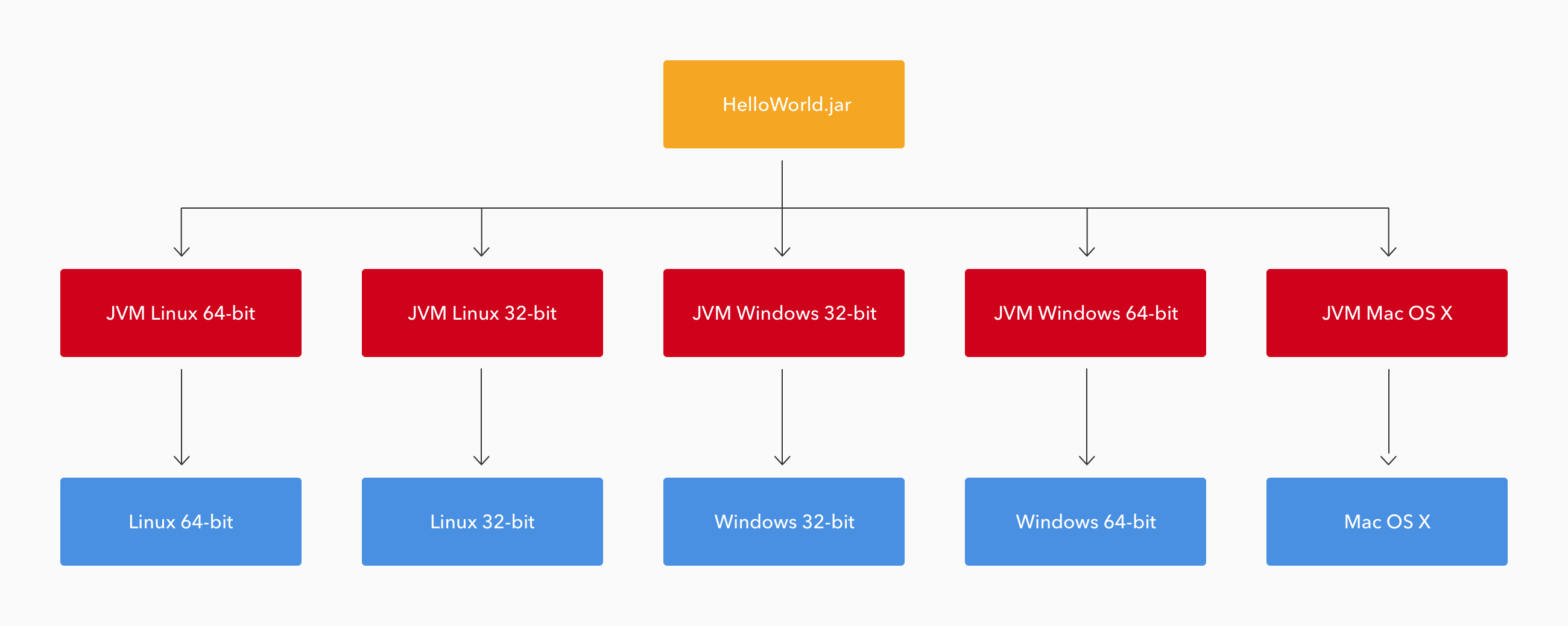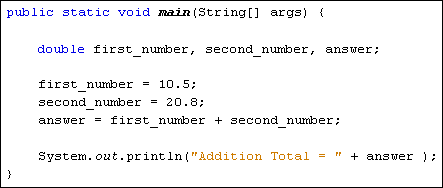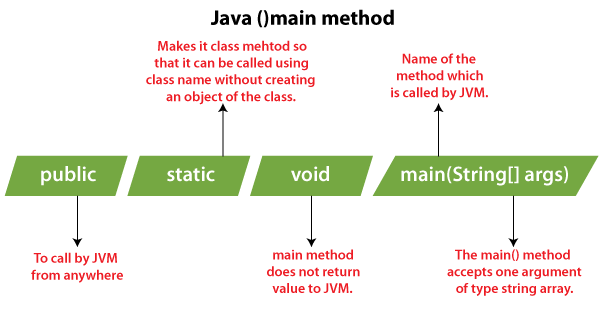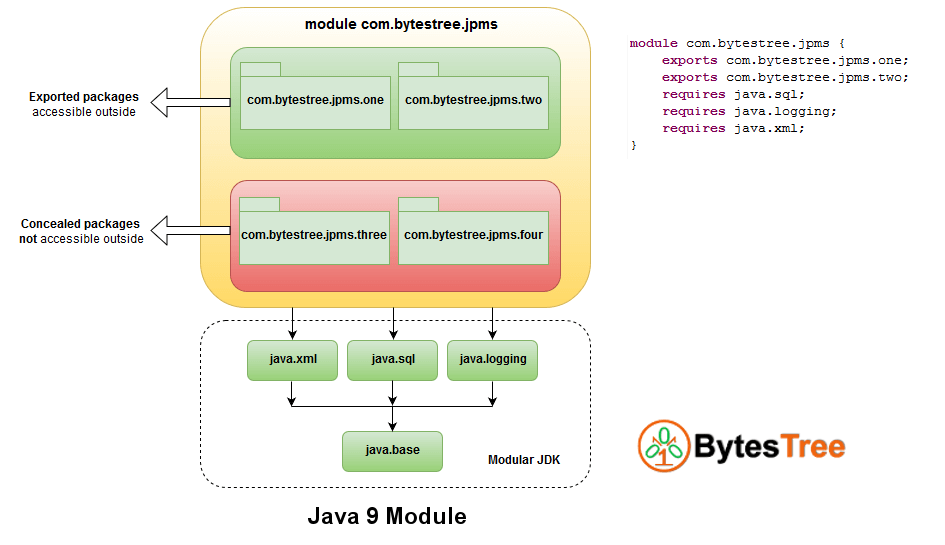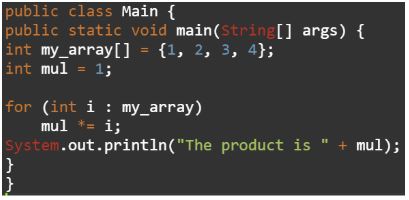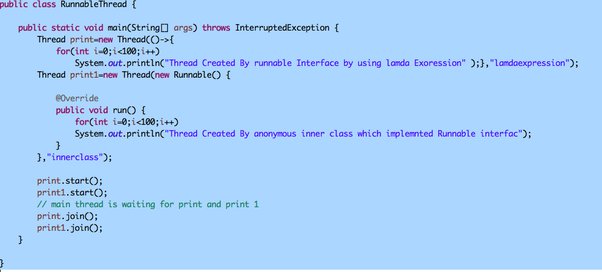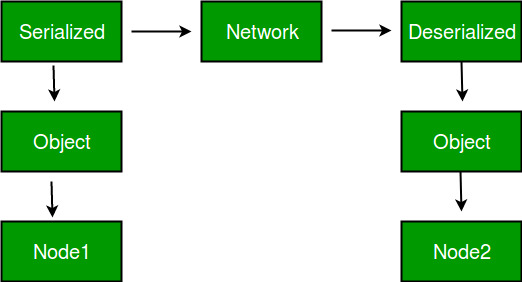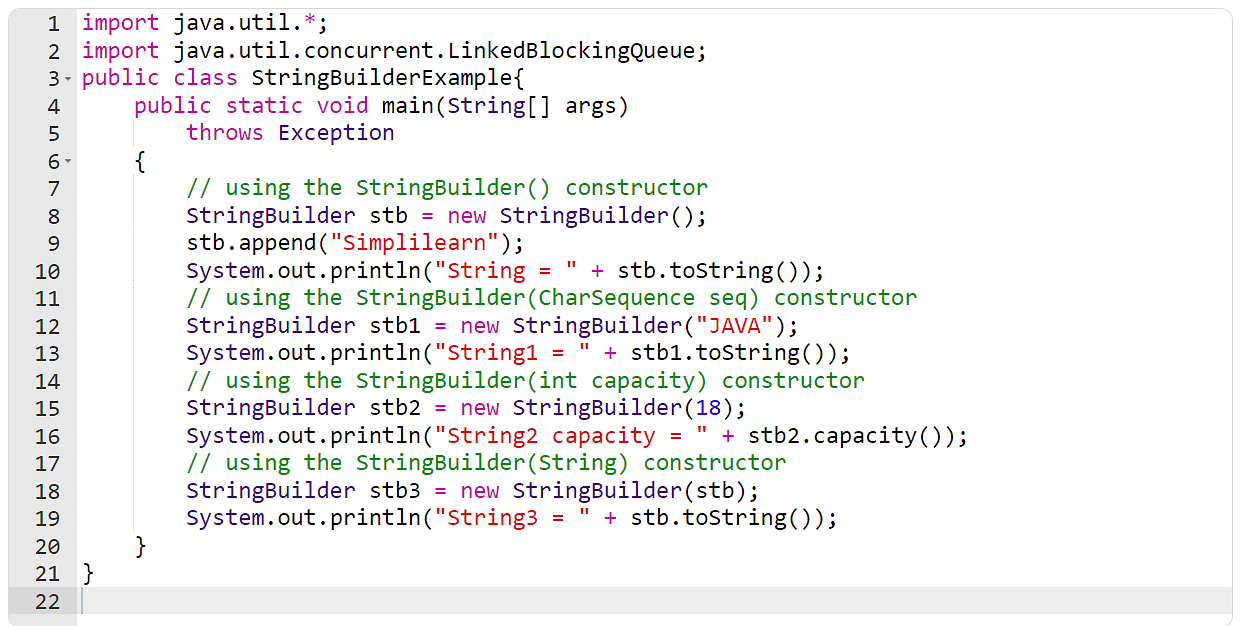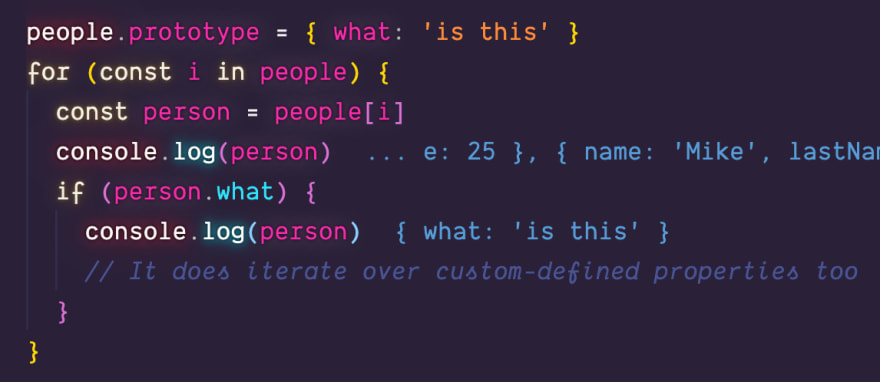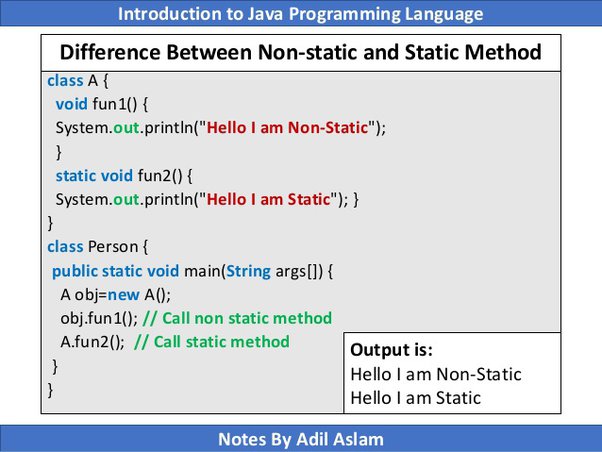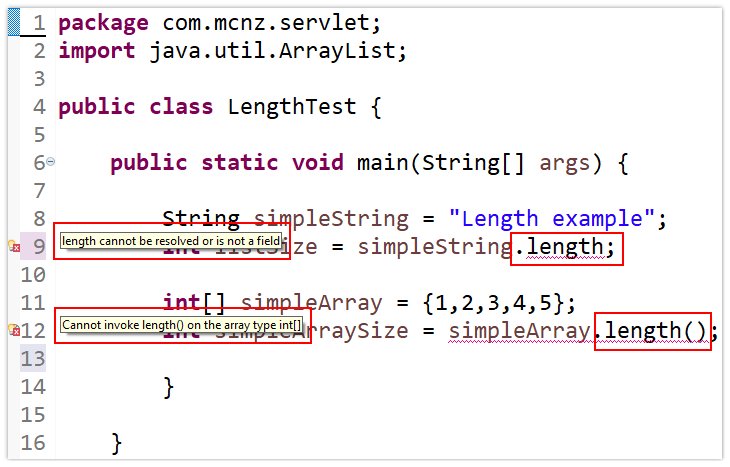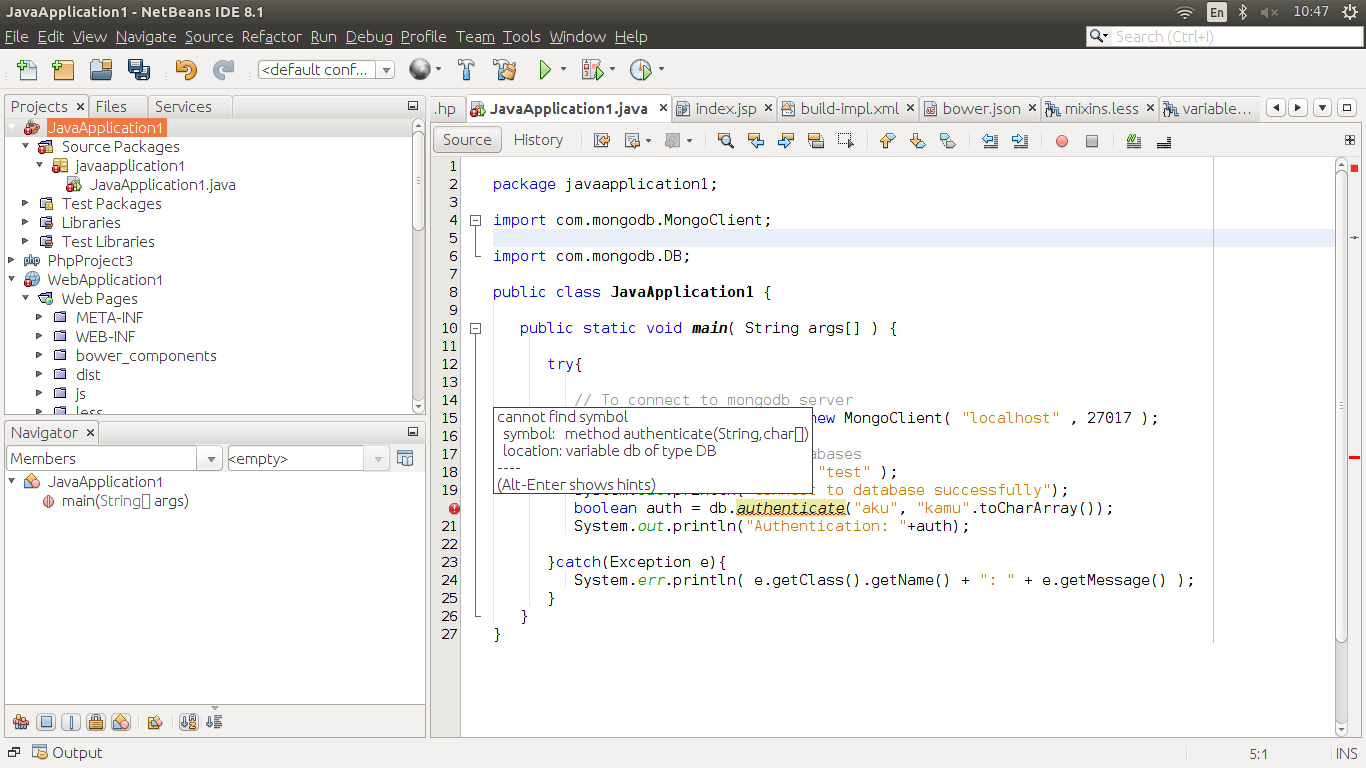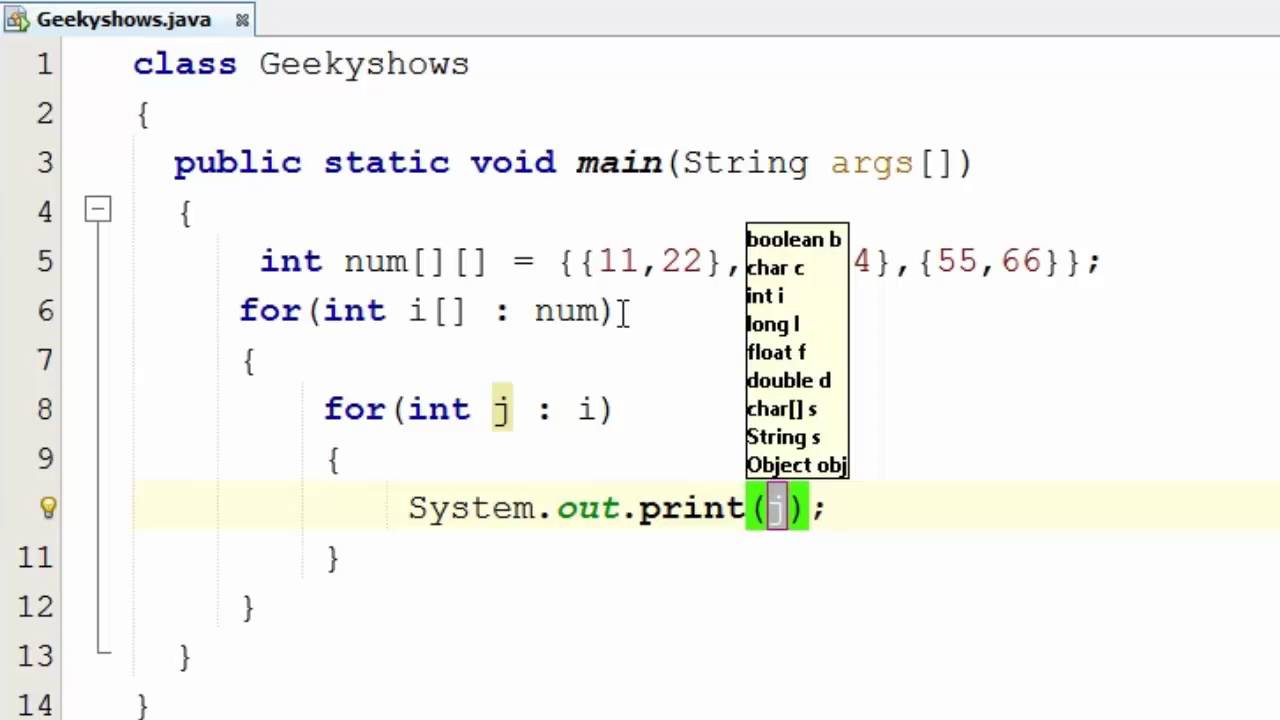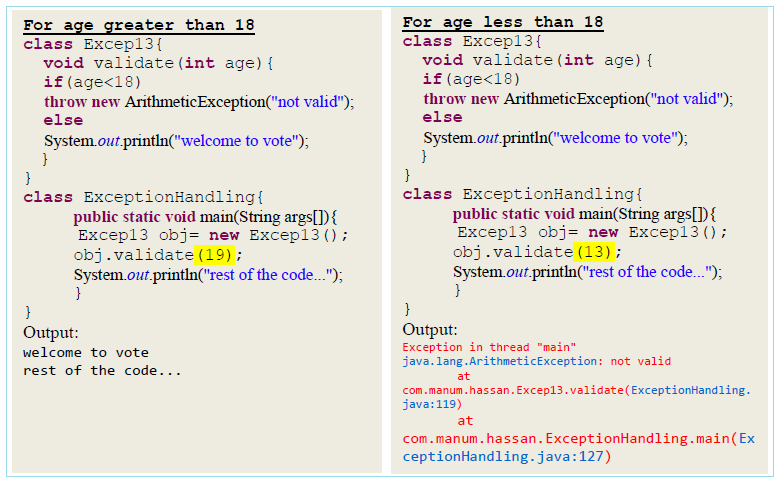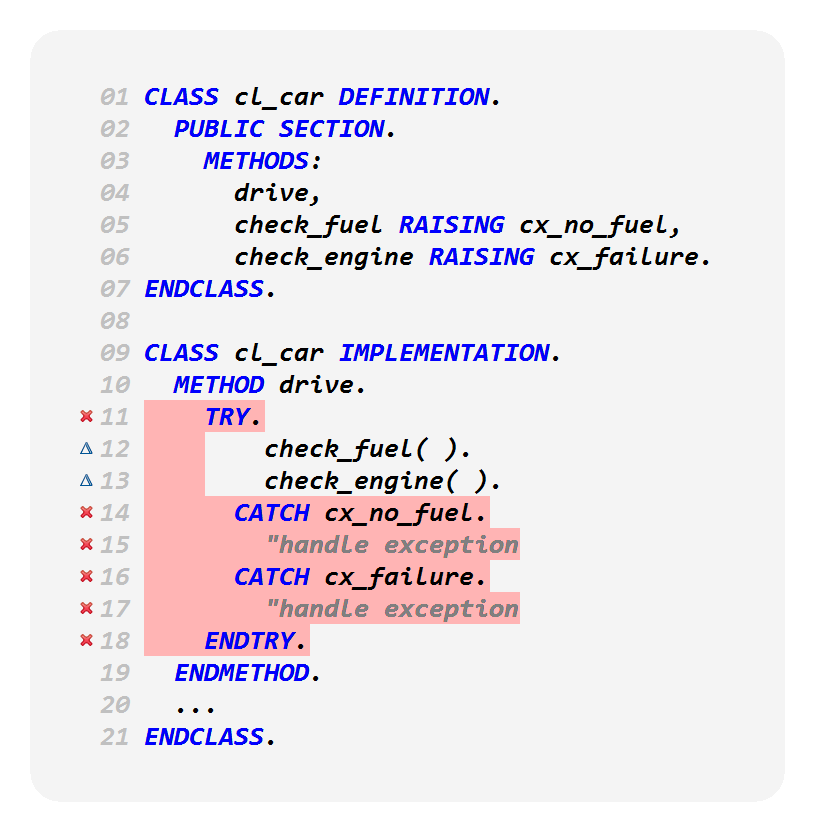What are the assignment operators in java with examples
What are the assignment operators in java with examples
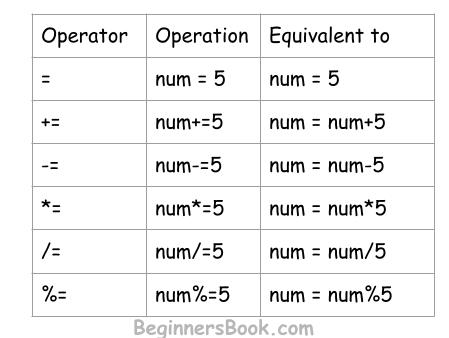
I'd be happy to explain assignment operators in Java and provide examples.
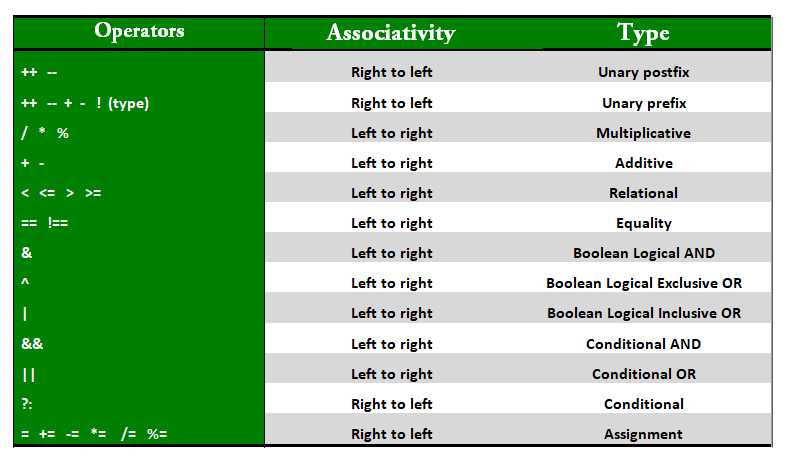
Assignment operators are used to assign a value to a variable. They combine two expressions: the left-hand side (LHS) and the right-hand side (RHS). The LHS is typically a variable or an array, while the RHS is an expression that evaluates to the value being assigned.
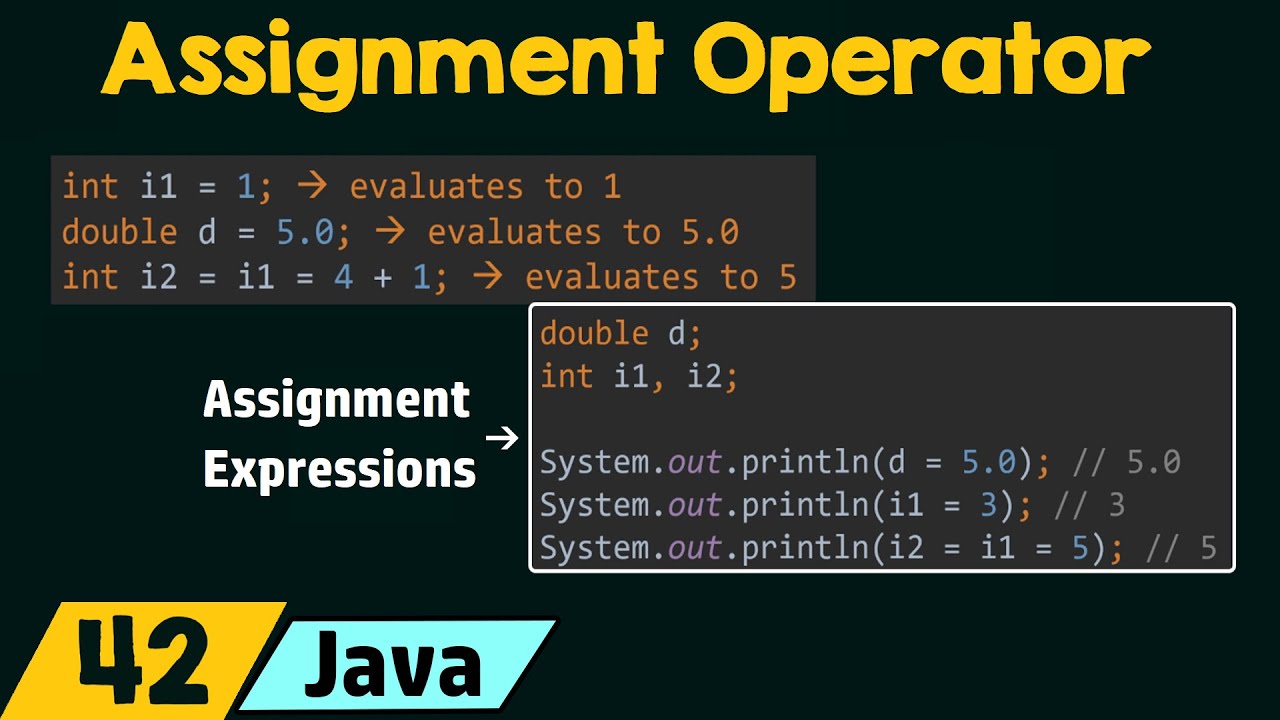
Here are some common assignment operators in Java:
Assignment Operator (=)
The simplest form of assignment, = assigns the value on the RHS to the LHS:
int x = 5; // assign 5 to x
x = 10; // reassign 10 to x
+=)
This operator adds the value on the RHS to the current value of the LHS:
int x = 5;
x += 3; // equivalent to x = x + 3
System.out.println(x); // prints 8
-=)
Subtracts the value on the RHS from the current value of the LHS:
int x = 10;
x -= 4; // equivalent to x = x - 4
System.out.println(x); // prints 6
*=)
Multiplies the value on the RHS with the current value of the LHS:
int x = 5;
x *= 2; // equivalent to x = x * 2
System.out.println(x); // prints 10
/=)
Divides the value on the RHS by the current value of the LHS, and assigns the result:
int x = 12;
x /= 3; // equivalent to x = x / 3
System.out.println(x); // prints 4
%=)
Calculates the remainder of dividing the current value of the LHS by the RHS, and assigns the result:
int x = 10;
x %= 3; // equivalent to x = x % 3
System.out.println(x); // prints 1
&=)
Performs a bitwise AND operation on the LHS and RHS, and assigns the result:
int x = 5;
x &= 3; // equivalent to x = x & 3
System.out.println(Integer.toBinaryString(x)); // prints "101"
|=)
Performs a bitwise OR operation on the LHS and RHS, and assigns the result:
int x = 5;
x |= 2; // equivalent to x = x | 2
System.out.println(Integer.toBinaryString(x)); // prints "1011"
^=)
Performs a bitwise XOR operation on the LHS and RHS, and assigns the result:
int x = 5;
x ^= 3; // equivalent to x = x ^ 3
System.out.println(Integer.toBinaryString(x)); // prints "110"
<<=)
Shifts the value on the LHS left by the number of bits specified on the RHS, and assigns the result:
int x = 5;
x <<= 1; // equivalent to x = x << 1
System.out.println(Integer.toBinaryString(x)); // prints "1010"
>>=)
Shifts the value on the LHS right by the number of bits specified on the RHS, and assigns the result:
int x = 5;
x >>= 1; // equivalent to x = x >> 1
System.out.println(Integer.toBinaryString(x)); // prints "010"
These are some common assignment operators in Java. Remember to use them correctly with caution to avoid any bugs or unexpected results!
What does |= mean in Java?
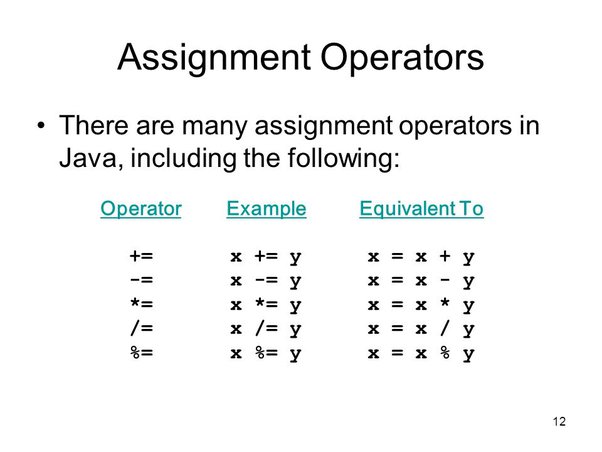
I can see you're eager to get some technical wisdom! In Java, = is the assignment operator, whereas |= is a bit more interesting. It's a shorthand way to achieve bitwise OR operation and assign the result back to the original variable.
Let me break it down:
Bitwise OR (|): This operator performs a binary logical OR operation on each corresponding bit of the operands (left operand, a, and right operand, b). If either bit is 1 in either operand, the resulting bit is set to 1.
For example:
int x = 5; // binary representation: 101
int y = 3; // binary representation: 011
x |= y;
System.out.println(x); // Output: 7 (binary representation: 111)
In the example above, x is initially 5, and y is 3. When we perform x |= y, it's equivalent to:
x = x | y; // Bitwise OR of x and y
The resulting value is 7.
|=): This is a shorthand way to perform the bitwise OR operation and assign the result back to the original variable, like this:
int x = 5;
x |= 3; // Equivalent to x = x | 3;
System.out.println(x); // Output: 7 (binary representation: 111)
In summary, |= is a compound assignment operator that performs bitwise OR operation on the left-hand operand (x) and the right-hand operand (y), assigning the result back to x. This can be useful when you want to update a variable with the result of a bitwise OR operation.
Remember, in Java (and many other programming languages), using compound assignments like |= can make your code more concise and efficient. It's an important concept to grasp if you want to become proficient in Java or any other programming language!
